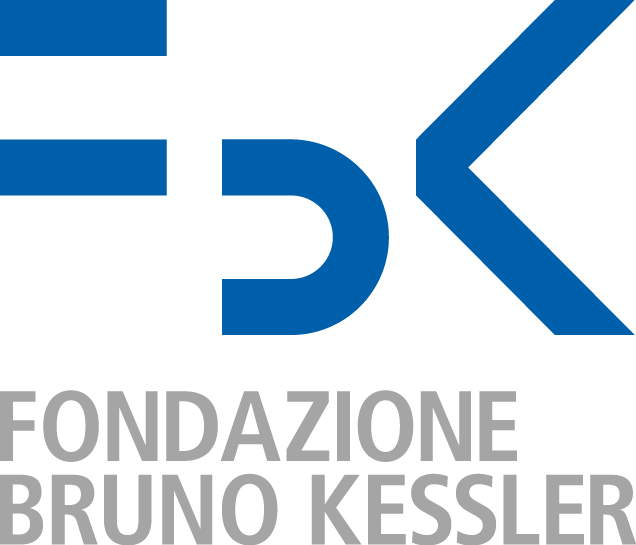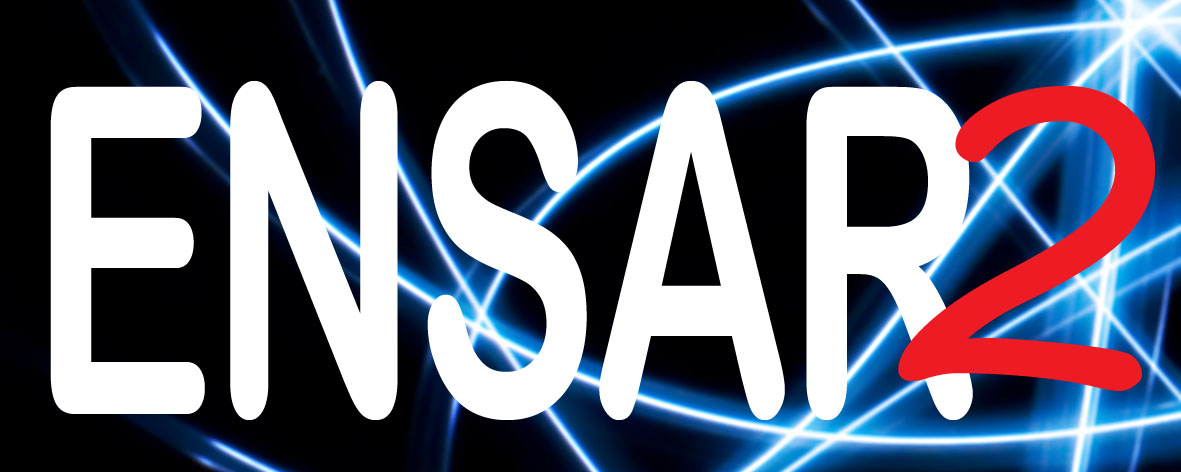The rapid-neutron capture process (r-process) is responsible for producing around half of all nuclides heavier than iron. One site for the r-process was recently confirmed: the advanced LIGO and Virgo detectors observed two neutron stars merging and immediate follow-up observations were compatible with a kilonova, a thermal “afterglow” powered by radioactive decay of newly synthesized r-process material. Moreover, the observations indicated that neutron-star mergers produce a blue lanthanide-free signal followed by a red lanthanide-rich component, contrary to expectations. Although neutron-star mergers are now known to be r-process element factories, this might not be the only r-process site, and a comprehensive understanding and description of the r-process is still lacking.
This workshop will bring together theorists and experimentalists to address the many aspects of nuclear physics and astrophysics that must be considered and properly understood in order to model the r-process.
Main Topics:
- Astrophysical site(s) of the rapid neutron capture process (r process)
- Observational data related to the r process
- Galactic chemical evolution and the r process
- Sensitivity studies for the r process
- Theoretical nuclear physics inputs for the r process
- Nuclear physics experiments for the r process
Keynote participants:
Andreas Bauswein (Heidelberg ITS), Gabriele Cescutti (Osservatorio di Trieste, INA), Benoit Côté (Konkoly Observ.), Tobias Fischer (Univ. Wroclaw), Oliver Just (RIKEN), Stephan Rosswog (Stockholm Univ.), Marius Eichler (TU Darmstadt), Carla Fröhlich (NC State Univ.), Gail McLaughlin (NC State. Univ.), Marco Pignatari (Univ. Hull), Stylianos Nikas (TU Darmstadt), Rebecca Surman (Univ. Notre Dame), Friedrich-Karl Thielemann (Univ. Basel), Jutta Escher (Lawrence Livermore), Jérôme Margueron (IPN Lyon), Matthew Mumpower (Los Alamos), Leo Neufcourt (NSCL), Frédéric Nowacki (Univ. of Strasbourg/CNRS), Nils Paar (Univ. of Zagreb), Marco La Cognata (INFN-LNS), Iris Dillmann (TRIUMF), Dennis Mücher (Univ. Guelph), Shunji Nishimura (RIKEN), Artemis Spyrou (NSCL, MSU)
ChETEC events are community events intended for networking and collaboration as well as learning. We value the participation of every attendee and want all attendees to have an enjoyable and productive experience. Accordingly, all attendees are expected to show respect and courtesy to other attendees throughout the workshop and to abide by the following Code of Conduct. Any participant who wishes to report a violation of this policy is encouraged to speak to Anu Kankainen or Ann-Cecilie Larsen, as they have agreed to serve as a point of contact (or if desired, to another member of the organizing team). Thank you for helping make this a welcoming, friendly event for all.
Code of conduct:
ChETEC-supported events are committed to providing a harassment-free environment for everyone, regardless of gender, sexual orientation, disability, physical appearance, body size, race, nationality, or religion. Harassment includes offensive verbal comments or jokes related to gender, sexual orientation, disability, physical appearance, body size, race, religion, sexual images in public spaces, deliberate intimidation, stalking, following, harassing photography or recording, sustained disruption of talks or other events, inappropriate physical contact, and unwelcome sexual attention. All communication should be appropriate for a professional audience including people of many different backgrounds. Be kind to others. Do not insult or put down other attendees. Behave professionally. Participants asked to stop any harassing behavior are expected to comply immediately. Attendees violating these rules may be asked to leave the event at the sole discretion of the conference organizers.






